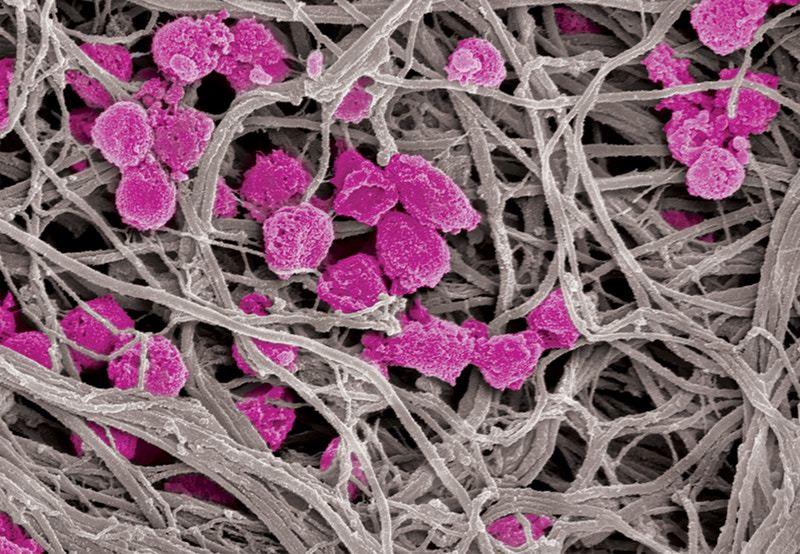
Researchers at the Wyss Institute at Harvard University have created ‘decoy’ platelets that could potentially reduce blood clots, as well as prevent cancer from spreading.
Platelets help in the formation of blood clots to stop bleeding and promote healing.

Discover B2B Marketing That Performs
Combine business intelligence and editorial excellence to reach engaged professionals across 36 leading media platforms.
However, abnormally activated platelets can also result in dangerous clots and cancer metastasis, among other health conditions.
Antiplatelet drugs are available to treat platelet-related disorders, but reversing the effects of these drugs is not easy and exposes patients to the risk of uncontrolled bleeding following injury.
To address such concerns, the team created a drug-free, reversible antiplatelet therapy involving deactivated decoy platelets, which were prepared by removing outer lipid membrane and inner contents of normal platelets.
The new platelets were smaller than normal ones, but with most of the adhesive proteins.

US Tariffs are shifting - will you react or anticipate?
Don’t let policy changes catch you off guard. Stay proactive with real-time data and expert analysis.
By GlobalDataWhen added to microfluidic blood vessel-like channel, these cells demonstrated reduced aggregation and binding, thereby preventing the development of blood clots. The findings were found to be consistent with tests in rabbits.
Wyss Institute postdoctoral fellow Anne-Laure Papa said: “The decoys, unlike normal intact platelets, are unable to bind to the vessel wall and likely hinder the normal platelets’ ability to bind as well.”
Furthermore, adding fresh platelets to the channels allowed the researchers to reverse the decoys’ inhibition of normal platelet activity. This is expected to facilitate the reversal of the therapy effects in a small time period.
The team also tested their decoy platelets in tumours as platelets are known to protect cancer cells from the body’s immune system and in turn help them in metastasis.
When the researchers mixed normal and decoy platelets with human breast cancer cells, they were able to almost completely prevent the platelets from helping the cancer cells.
In addition, the team reported that mice administered with platelets plus decoys developed significantly smaller and fewer metastatic tumours than those injected with normal platelets.
The researchers hope that the decoys could be used along with chemotherapy to prevent tumours from spreading or injected during surgeries to stop released tumours from forming new ones in other body parts.
In addition, the decoys could be created from platelets extracted from the same patient, facilitating a form of personalised cellular therapy that would not cause an immune reaction.
Currently, the team is working on making the decoy platelets last longer in the bloodstream. They also plan to evaluate if the decoys can be used to directly deliver drugs to blood clot and tumour sites.




